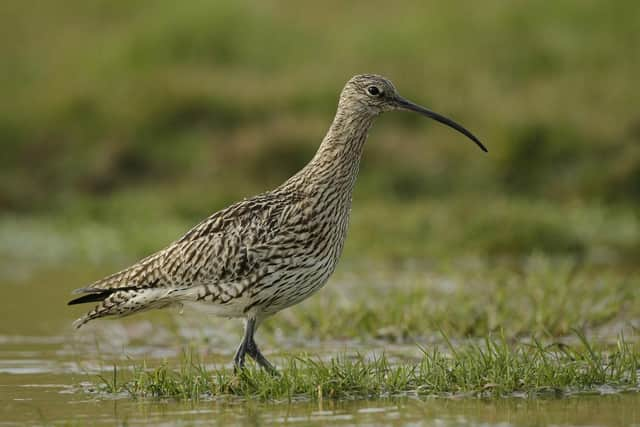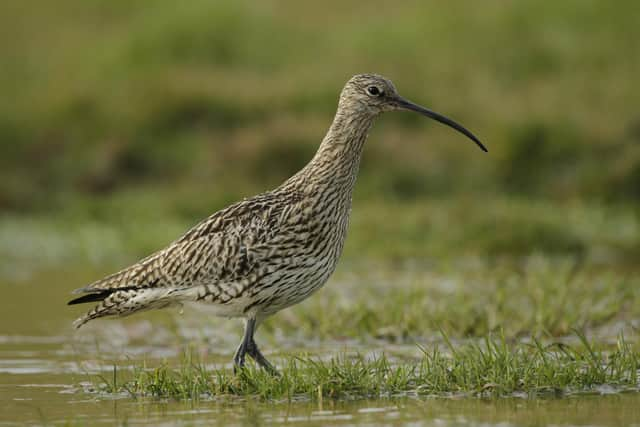Shocking decline in Northern Ireland’s wildlife continues
and live on Freeview channel 276
The report, which has been compiled by leading professionals from over 60 research and conservation organisations, is the most comprehensive review of nature in Northern Ireland and reveals the devastating scale of nature loss.
Farmland birds have decreased by 43 per cent since 1996, across 17 monitored species. Breeding birds more widely are in decline – on average 10 per cent across 64 species.
Advertisement
Advertisement
Butterfly species decreased on average by 16 per cent since 2006, over the 14 monitored species, and 891 plant species have declined by a 14 per cent average between 1970 and 2019.


Gillian Gilbert, RSPB NI’s Principal Conservation Scientist and lead author of the local report, commented: “This report highlights just how much nature in Northern Ireland needs more help. Despite ongoing efforts, from nature-friendly farmers, wildlife charities and all the individuals who are passionate about doing their part for nature, we are still not tackling this crisis at the scale needed. Urgent action is necessary to slow down biodiversity loss, and to try and reverse some of the damage of recent decades.”
While the latest State of Nature report makes for grim reading, farming has a vital role to play in turning the situation around, the Nature Friendly Farming Network (NFFN) has said
The farmer-led organisation says the report paints a disturbing picture of major declines in biodiversity.
Advertisement
Advertisement
Despite being clear that agricultural practices in recent decades have been a major driver of biodiversity loss, increasing nature-friendly farming is identified as a key recommendation in the report and the NFFN says it is clear that a more sustainable approach to agriculture has a massive role to play in protecting nature while also maintaining food security.


Michael Meharg, chair of NFFN’s Northern Ireland steering group, said: “The evidence is clear nature is struggling, in large part due to the way we manage land. Although much has been lost, this report highlights that nature can be restored in our farms and wider landscapes with benefits to farming as well. Many farmers have demonstrated that this is possible, but now we need support to make this mainstream.”Agricultural land covers just over three quarters of Northern Ireland, and the report says mixed farming has largely given way to improved grassland for livestock grazing. Stocking densities are likely to be higher in Northern Ireland given the smaller size of its farms, while pig and laying hen numbers have increased in recent years.
Agriculture is also the only sector in Northern Ireland which has seen an increase in greenhouse gas emissions since 1990 and is now the country’s biggest source of emissions, responsible for 27 per cent of the total.
The NFFN says it wants to see an ambitious plan which helps to address the challenges outlined in the report, and says the forthcoming Farming With Nature package needs to be capable of addressing this. The organisation says it is vital that funding goes to farming schemes which protect and enhance biodiversity, while also warning that failure to restore nature will have implications for food production and farm profitability.